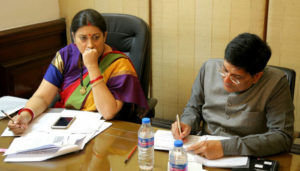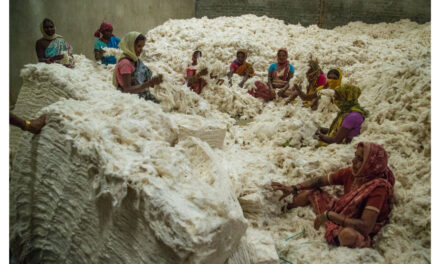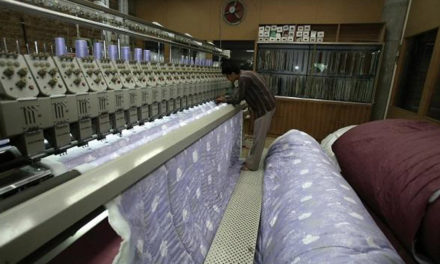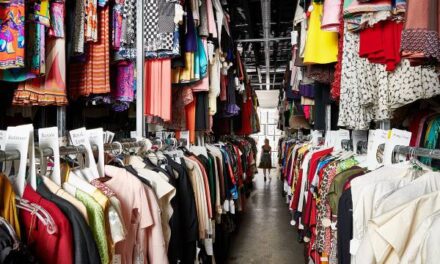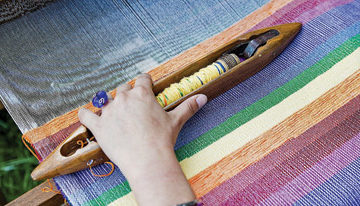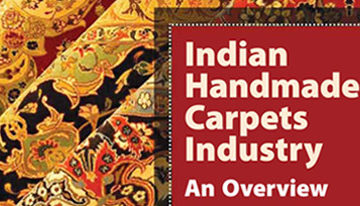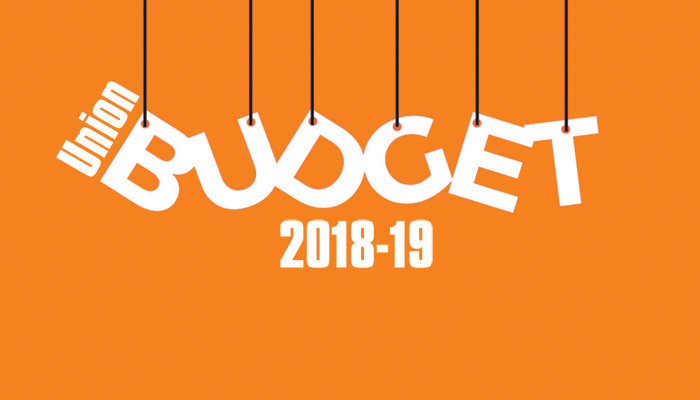India is mulling over extending the Rebate of State and Central Taxes and Levies (RoSCTL) for the garments and made-ups sector to other textile products because of the urgency to do away with the merchandise export incentive scheme (MEIS), which is against World Trade Organisation rules. The issue was discussed by exporters in a meeting with two Union Ministers recently.
Other issues raised by the textiles industry at the meeting with Textiles Minister Smriti Irani and Commerce and Industry Minister Piyush Goyal in New Delhi included expeditious clearance of the Technology Upgradation Fund Scheme (TUFS) and tackling rising garment imports from Bangladesh.
The Indian cabinet approved the RoSCTL scheme in March to rebate all embedded State and Central taxes and levies for apparel and made-ups, through an information technology-driven scrip system. The scheme replaced the existing Rebate of State Levies (RoSL) scheme that offered rebate of only certain State taxes.
The embedded taxes include central excise duty on fuel used in transportation, embedded central goods and services tax (CGST) paid on inputs like pesticides and fertilisers used in production of raw cotton, purchases from unregistered dealers, inputs for transport sector and embedded CGST and compensation cess on coal used in electricity production.
The two Ministers also agreed to the expeditious clearance of funds for exporters under the TUFS, address GST issues on textiles and clothing, including inverted duty structure in the man-made fibre sector, and reduce hank yarn obligation from 30 per cent to 15 per cent, according to a report.
India’s textiles & clothing exports declined from $38.60 bn in 2014 to $37.12 bn in 2018 while imports increased from $5.85 bn to $7.31 during the same period. India slipped to the fifth position amongst garments and textiles exporters in 2018 from the second position it enjoyed in the 2014-17 period. China, Germany, Bangladesh and Vietnam are the top four exporters of garments and textiles.

